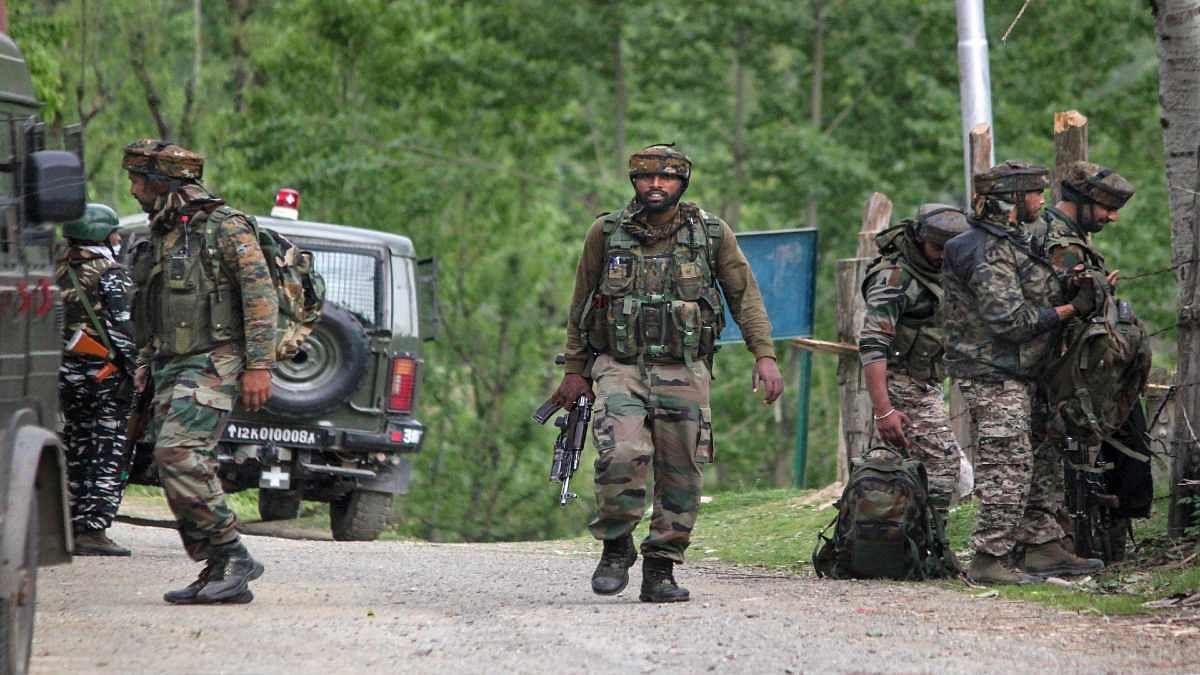On April 22, 2025, a devastating militant attack occurred in the Baisaran Valley near Pahalgam, in the Indian-administered region of Jammu and Kashmir.
Militants from the group known as The Resistance Front (TRF), an offshoot of the Pakistan-based Lashkar-e-Taiba, targeted a group of tourists, resulting in the deaths of at least 28 individuals and injuries to over 20 others.
Details of the Attack
The assailants, numbering between four to seven, were armed with M4 carbines and AK-47 rifles.
They reportedly emerged from nearby forests and opened fire on the tourists, 25 Indians, 2 Jammu and Kashmir residents and a Nepali tourist, many of whom were enjoying the scenic area accessible only by foot or horseback.
Survivors recounted that the attackers separated men from women and children, executing the men at close range. Some victims were targeted based on their inability to recite Islamic verses, while others were spared to "narrate the horrors" to Indian authorities.
Motive and Responsibility
The TRF claimed responsibility for the attack, stating it was in opposition to the alleged settlement of over 85,000 non-Kashmiris in the region, which they viewed as an attempt to alter the demographic composition of Kashmir.
Kashmir the hotspot
For decades, Indian administered Jammu and Kashmir was governed under Article 370 of the Indian Constitution, which granted it a special autonomous status. This provision allowed the region its own constitution and autonomy over all matters except defense, foreign affairs, and communications.
However, in August 2019, the Indian Parliament revoked this special status in a move that was both highly controversial and widely condemned internationally and within Kashmir. The region was subsequently bifurcated into two union territories Jammu & Kashmir and Ladakh directly governed from New Delhi.
The abrogation of Article 370 has significantly intensified unrest in the region, with critics arguing that it undermines democratic principles and the will of the Kashmiri people.
Since then, there has been an increase in security crackdowns, communications blackouts, arrests of political leaders, and reports of human rights violations. This has further fueled anger and resentment among many Kashmiris, especially those who see the move as an attempt to alter the region’s demographic and cultural identity.
Militant activity in the region has continued, with several groups advocating for secession from India, some seeking merger with Pakistan, and others supporting full independence.
Pakistan, which also claims Kashmir, strongly opposes India's actions and continues to provide diplomatic and, as some allege, covert support to separatist elements in the region.
Today, Kashmir remains one of the most heavily militarized zones in the world. The conflict has deep historical roots, intertwined with religion, nationalism, and colonial legacies, and it remains a major flashpoint with the potential to destabilize South Asia a region home to two nuclear powers.
Government and International Response
Within hours after the attack, New Delhi accused Pakistan of handling the attack, which Islamabad denies.
Indian Prime Minister Narendra Modi condemned the attack, vowing to bring the perpetrators to justice.
In response, India downgraded diplomatic ties with Pakistan, suspended the Indus Waters Treaty, and closed its main border crossing . Pakistan denied involvement, condemned the attack, and took reciprocal actions, including expelling Indian diplomats and suspending bilateral trade .
The international community, including leaders from the US, UK, China and Pakistan condemned the attack and expressed concern over the escalating tensions.




Comments
Post a Comment